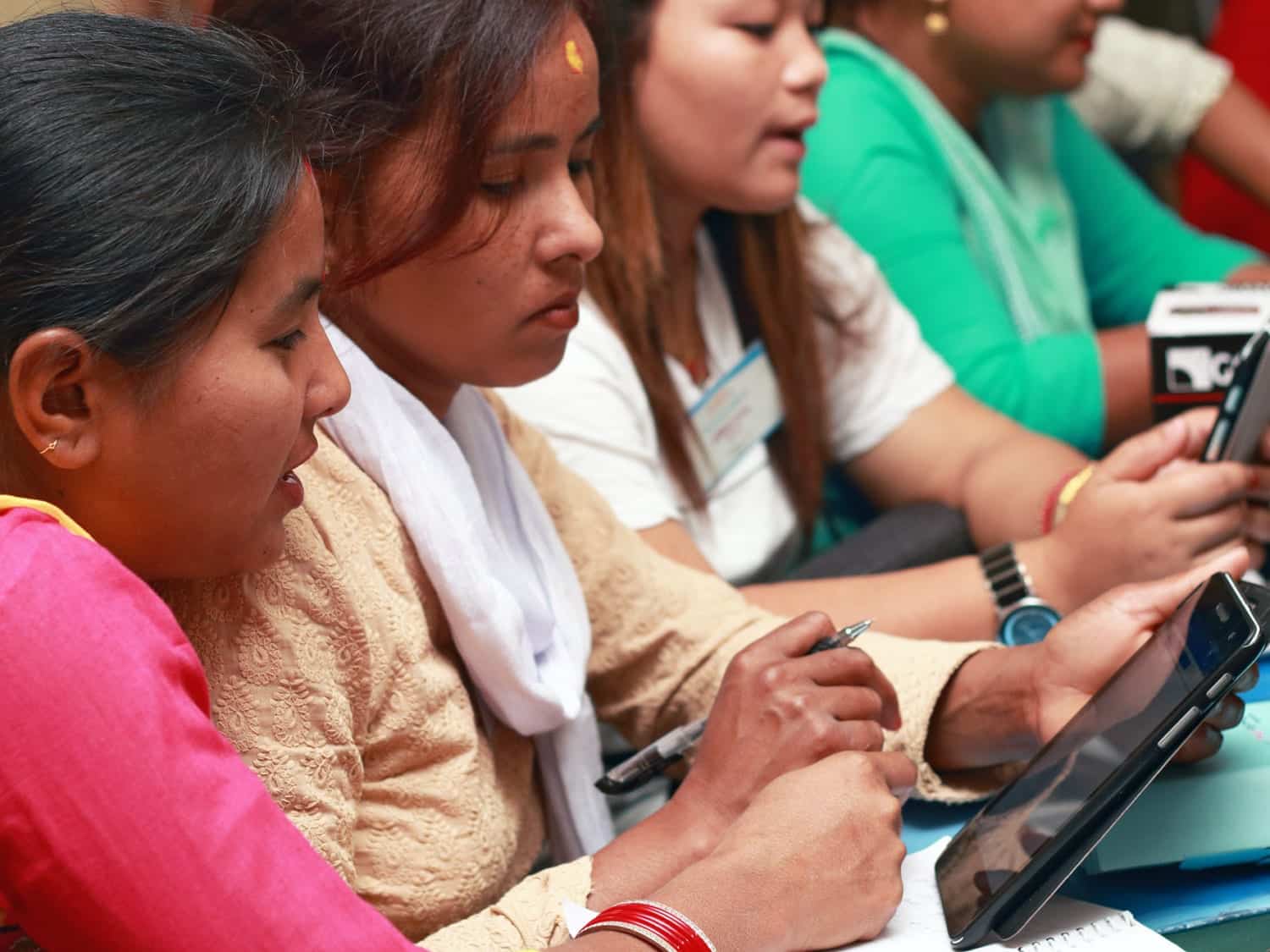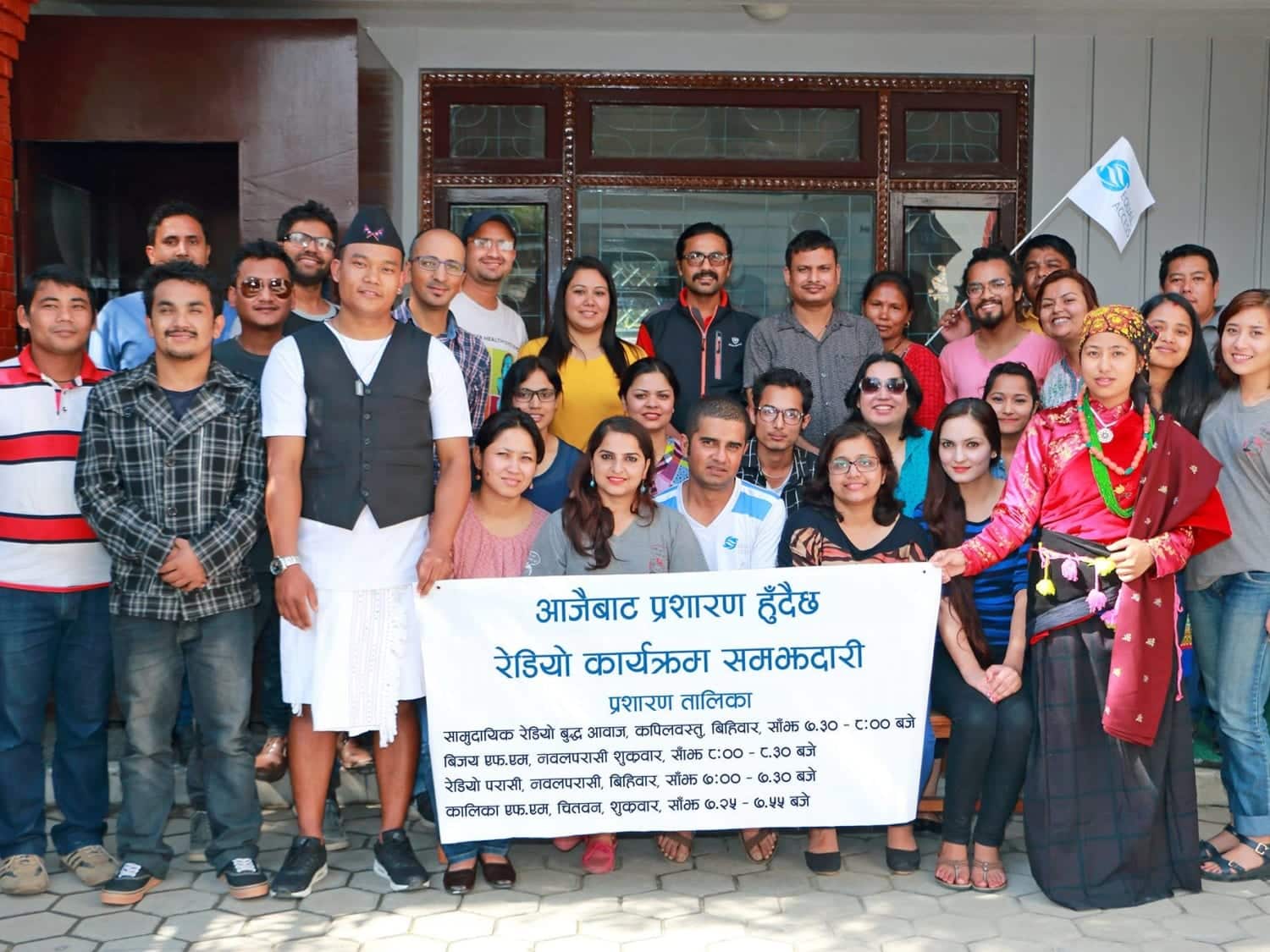

Social norms and women’s risk of intimate partner violence in Nepal
Social norms increasingly are the focus of intimate partner violence (IPV) prevention strategies. This study assesses the effect of a new measure of social norms, the Partner Violence Norms Scale, on women's risk of IPV, in Nepal.
A Project of —
Nepal, Championing Gender Equality & Women’s Empowerment, UK Department for International Development (DFID); Emory University; South African Medical Research Council (MRC)

Project Mission — Working with couples to prevent intimate partner violence in Nepal.
Understanding the impact of IPV is a central need in preventing it. Through innovative communication techniques that address social norms directly, EAI’s Change Starts at Home project has identified social norms that systemically condone acts of IPV in Nepal, and beyond.
Intimate partner violence (IPV) is a global public health crisis, with approximately 30% of women aged 15 or older experiencing lifetime physical and/or sexual IPV.”


In Nepal, 75% of men and women either completely or partially agreed that men are naturally aggressive, and nearly a quarter of men completely or partially agreed that it was a shame if a man could not or did not beat his wife.
EAI’s Change Starts at Home (Change) project actively addresses the consequences of IPV by testing a social, behavioral change communication intervention designed to change norms and behavior with the goal of preventing IPV. In this study, the authors assess the connection between social norms and individual women’s experiences. There is an increasing global awareness of the need for better statistics on the prevalence, causes, and consequences of IPV against women as a precursor to its elimination (United Nations Department of Economic and Social Affairs Statistics Division, 2014).
Social norms are informal rules derived from social systems that prescribe what behavior is expected, allowed, or sanctioned in particular circumstances. According to the initial Change trial, along with other data, many approved norms in Nepal involve men’s dominance over women, and uphold aggression and reinforce the idea that men hold primary decision-making power within marriage. Men are socially expected to provide for and protect their families, are entitled to respect and obedience, and may exert control or force to fulfill their roles (Ghimire and Samuels, 2017). Nepali girls and women often are ascribed more conservative gender roles, experience less agency and have restricted access to education and employment. Practices such as child marriage, the dowry system, son preference and polygamy also contribute to the prevalence of IPV. Using baseline data from the Change project, this study builds upon prior research in Nepal and globally by examining the association of a new measure of social norms on women’s experiences of IPV.
Specifically, this study assesses the within-community, between-community and contextual effect of Partner Violence Norms Scale (PVNS) on women’s risk of IPV and whether this measure adds any additional information than that garnered from a measure of aggregated attitudes, which is the most frequently used proxy for collective normative expectations.